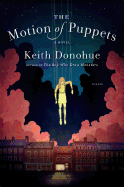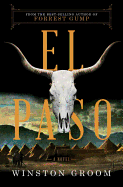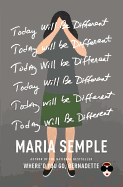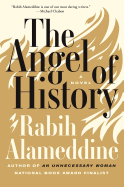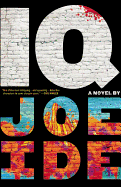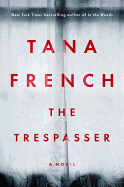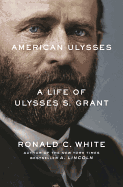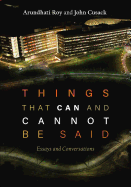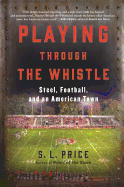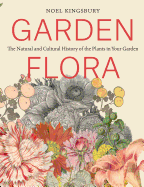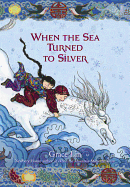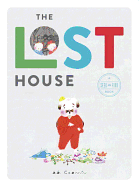 |
| photo: Greg Perez Studio |
Angela Palm is the author of Riverine: A Memoir from Anywhere but Here (Graywolf, August 16, 2016) and winner of the 2014 Graywolf Press Nonfiction Prize. Palm's writing has appeared in Ecotone, Brevity, DIAGRAM, Essay Daily, Paper Darts and elsewhere. She lives in Vermont.
On your nightstand now:
I just finished Innocents and Others by Dana Spiotta. It's a quirky, artsy, multi-voiced book about women in '70s and '80s film. Right up my alley.
A House of My Own by Sandra Cisneros. I've always had an affection for Cisneros's writing, her singular voice. The book has Bible-thin pages. That's probably not a coincidence.
What Belongs to You by Garth Greenwell. This book explores desire by degrees, gay cruising, and the resulting relationships in Sofia, Bulgaria. It's an indulgent read in the best way--long, block paragraphs without any quotation marks that go on for pages at a time, capturing perfectly the somewhat off-the-record, yet fully realized, nature of the men's interactions. I adore it.
Between the World and Me by Ta-Nehisi Coates. I read this as soon as it came out, but it's an important book to revisit. To place next to your bed and keep seeing as you wake. To keep checking yourself against.
Favorite book when you were a child:
Just as Long as We're Together by Judy Blume. It answered questions I was too timid to ask anyone. It was more friend than book.
Your top five authors:
Anne Tyler, because I love the way her characters' personalities drive the plot, rather than the plot driving the characters.
Rachel Kushner, because she writes the way I think. Mostly, I love the way she crafts the relationship between art and politics, between life and creativity.
Don DeLillo for his insights into very specific technological moments in time. His portrayal of the future's infringement on the present is always on point.
Susan Sontag for her critical prowess.
A new favorite is Dana Spiotta. I recently discovered her work and have since read her growing oeuvre with much affection.
Book you've faked reading:
Anna Karenina by Leo Tolstoy. Often described as "readable," the 800-plus-pager is definitely unreadable for me. I can carry on many a conversation about it, though. Also, Grapes of Wrath by John Steinbeck. I'm sorry.
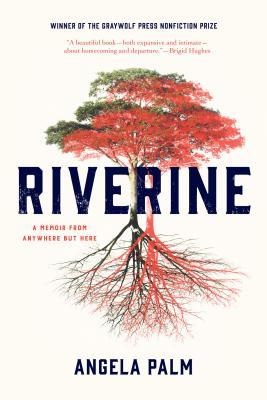 Book you're an evangelist for:
Book you're an evangelist for:
Dept. of Speculation by Jenny Offill. It tells a somewhat simple story--a marriage on the rocks after a baby, and then an affair--in an entirely new way, reading like a book-length essay of sorts. I love when nonfiction and fiction can't give each other up. This book is their lovechild.
Book you've bought for the cover:
I'm not impulsive in this way. I almost always buy for content. But the cover of Jonterri Gadson's new book of poems, Blues Triumphant, moved me in a way that lingers just as much as the poems within its pages. Sometimes I sit and look in wonder at the cover, a portrait of a beautiful black girl wearing white paint on her face and a fancy dress.
Book you hid from your parents:
I didn't hide books; I hid things in books. I knew my parents would not be likely to open one. I cut out the centers of a few of them and turned them into little boxes for stowing secrets, an idea that I believe came from a Nancy Drew book.
Book that changed your life:
Invisible Man by Ralph Ellison, which I read when I was 16. This was my first real understanding of social activism. It agitated me and ignited me. Mostly, though, it showed me how little I knew about the real world. That there were entire communities and struggles and causes that I had no knowledge of, entire histories that had been glossed over or omitted from my education and my experience. After this book, I became very interested in America's untold stories, its misunderstood populations, its erasures--from the mole people of New York's abandoned subways to Appalachian mountain communities to skid row to communes to prisons.
Favorite line from a book:
"Maps are magic. In the bottom corner are whales; at the top, cormorants carrying pop-eyed fish. In between is a subjective account of the lie of the land.... Fold up the maps and put away the globe. If someone else had charted it, let them. Start another drawing with whales at the bottom and cormorants at the top, and in between identify, if you can, the places you have not found yet on those other maps, the connections obvious only to you." --Sexing the Cherry by Jeanette Winterson
Five books you'll never part with:
Bluets by Maggie Nelson.
Slouching Towards Bethlehem by Joan Didion.
Song of Soloman by Toni Morrison. This is the first novel, after many years of novel reading, that really blew my mind.
Sexing the Cherry by Jeanette Winterson. My copy is heavily annotated and I like to flip through it and re-read the marginalia, which has preserved the spirit and contemplation of my 20-year-old self.
Loving Frank by Nancy Horan. This book made me want to write a book. It made me want to live life in all of its messiness and echoed my concerns about the unclear partitions between the roles of lover, mother, artist, intellectual, wife and so forth.
Book you most want to read again for the first time:
Bluets by Maggie Nelson. To have an intellectual and emotional reading experience at the same time is something to be cherished, but you can never re-create that first read, that seismic crack in your brain's tectonics.





 Book you're an evangelist for:
Book you're an evangelist for: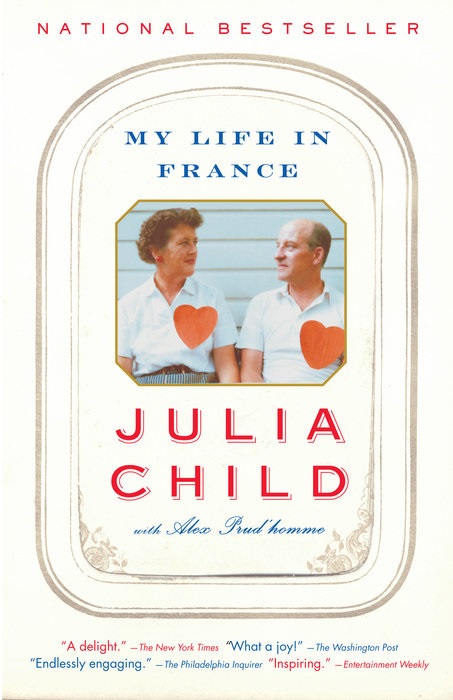 Julia Child (1912-2004), famed cookbook author and TV chef, brought French cuisine to American tables with Mastering the Art of French Cooking (1961). Her subsequent cooking show, The French Chef, made her a household name, and forever changed the flavor of American culinary culture. Her fame never fully ebbed, though it experienced a posthumous revival with Julie Powell's blog-turned-book, Julie & Julia: 365 Days, 524 Recipes, 1 Tiny Apartment Kitchen, which became a film starring Amy Adams as Julie and Meryl Streep as Julia in 2009.
Julia Child (1912-2004), famed cookbook author and TV chef, brought French cuisine to American tables with Mastering the Art of French Cooking (1961). Her subsequent cooking show, The French Chef, made her a household name, and forever changed the flavor of American culinary culture. Her fame never fully ebbed, though it experienced a posthumous revival with Julie Powell's blog-turned-book, Julie & Julia: 365 Days, 524 Recipes, 1 Tiny Apartment Kitchen, which became a film starring Amy Adams as Julie and Meryl Streep as Julia in 2009.